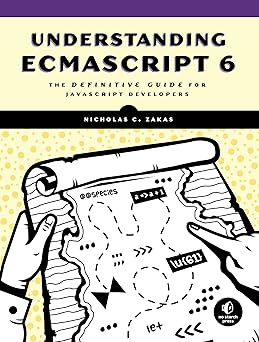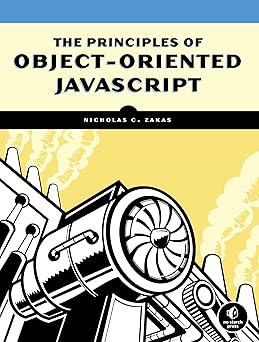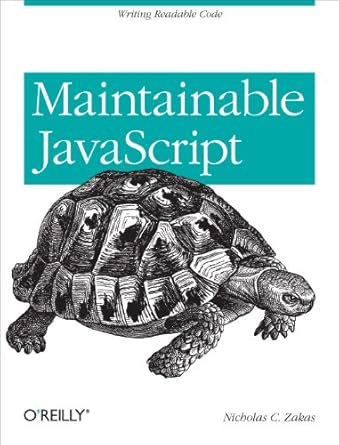In college, plagiarism is a dirty word. Most schools threaten expulsion for this offense, regardless of how it occurred. In the word of writing, plagiarism is also a huge concern, as it can cost firms and authors a lot of money for copyright infringement. The problem is that plagiarism is not always intentional, though that matters very little in realms of legal and public opinion.
You’ll hear the word “internalizing” a lot when dealing with plagiarism. Interalizing means that you read something, converted it into your own understanding, and then adopted it as your own. You don’t remember that you read it somewhere else, so when you use it, you have no idea that it’s actually plagiarism. I’ve seen this happen many times with published authors. I’ve also seen it in other venues: television shows that have almost the exact same plot and outcome, even stand up comedians who use the exact same jokes with the exact same punchlines. What can you possibly do?
People often ask me, “what do you think of such and such a JavaScript book?” I always reply the same way: “I haven’t read it.” Some may think it’s stupid not to read your competition, I see it as a matter of self-preservation. If I don’t see that book’s examples and explanations, there’s no way I can internalize it and there’s no way I can write it, have it published, and open up myself and my publisher to copyright infringement cases. The most I will do is scan the table of contents for competitor’s books. From that, I can get a good idea of the topics without risking the internalization of the methods in which these topics are covered.
When it comes to writing technical books, you need to be able to trust that you know what the best examples are, the best way to describe something, and the best way to tie points together. There’s no need to look for inspiration elsewhere.





